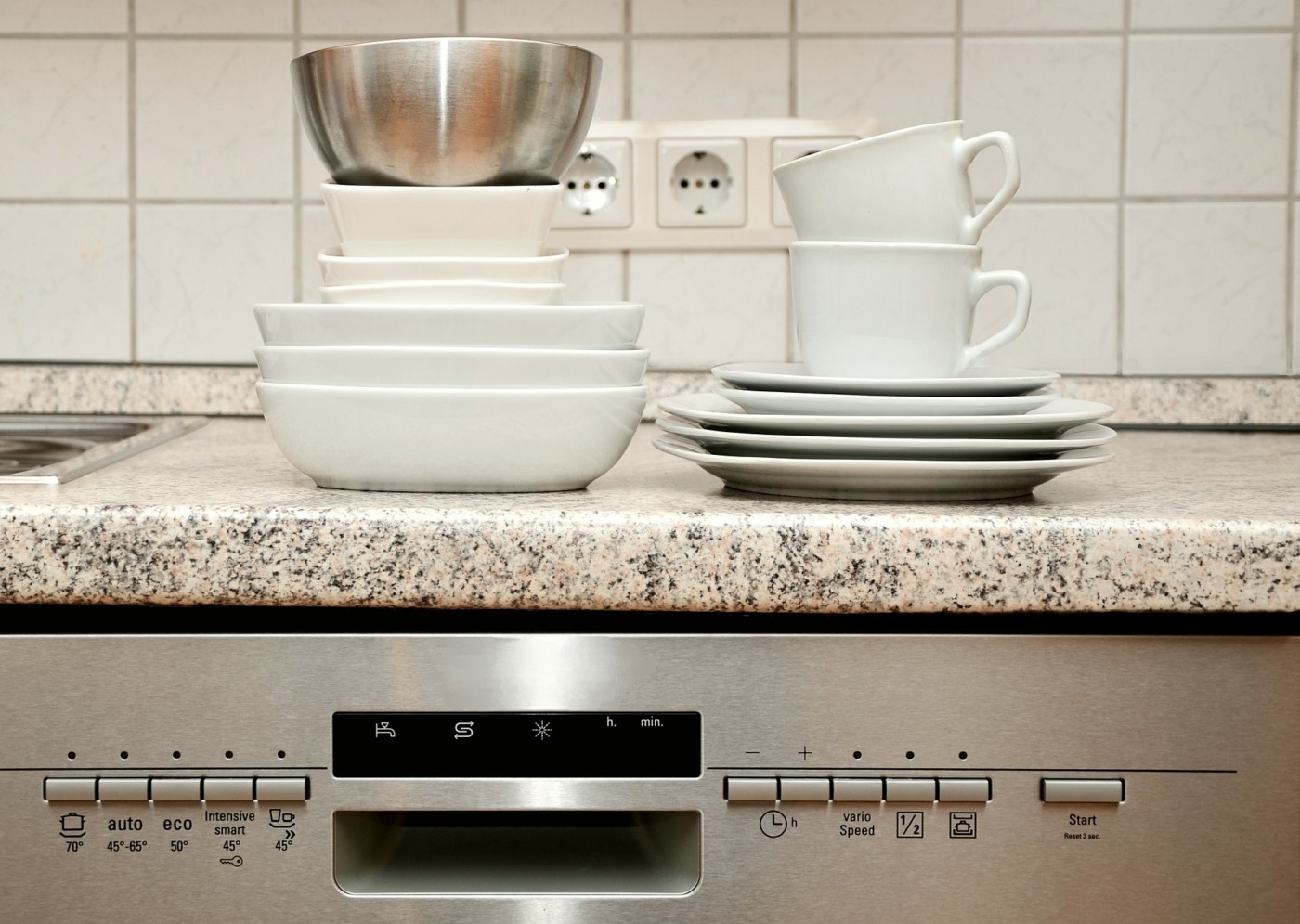Small change, big impact: dishwashers vs. hand-washing
It is a chore that all of us must complete throughout our lives. The human requirement to eat and drink means cookery and cutlery will always need washing. For the purposes of hygiene, not least at dinner parties, and ensuring such designs look aesthetically pleasing, washing is essential.
There remains, however, a long-running debate about the best method of washing up dishes. More recently, the conversation has developed beyond what reduces water bills to what is better for the environment. Using hot water requires gas, a fossil fuel that leaves a harmful effect on the planet. While many of the solutions to climate change require structural changes, there are ways for individuals to lower their carbon footprint at home.
The Guardian recently conducted an investigation into the environmental impact of washing crockery. According to their study, washing dishes by hand with warm water releases 540g of carbon dioxide. By contrast, a dishwasher at 55C released 770g, and a dishwasher at 65C releases 990g. Extraordinarily, washing by hand with a large amount of hot water releases 8000g of carbon dioxide.
Washing by hand leaves 400 times the amount of bacteria on the dishes
Why is this the case? While careful handwashing using a limited amount of hot water is the most environmentally friendly method, both dishwasher temperatures were better at using less water. The report states that most citizens in the UK manually wash-up using a gas-fired boiler, while dishwashers use electricity. However, a boiler could be better for the environment, as it captures 90% of the energy, while the majority of electrical use is wasted energy.
The report also states that a dishwasher is much better for the environment and thereby superior to hand washing both in terms of hygiene and time spent washing-up. Hygienically, washing by hand leaves 400 times the amount of bacteria on the dishes, which is not the ideal solution for keeping us healthy. Similarly, The Guardian report found that washing by hand takes four times longer than loading the dishwasher. They would suggest then, that dishwashers purchased to last a long time are far more efficient.
However, according to a Green Choices article, this is considered a luxury option, with only a third of UK households owning a dishwasher compared to more than half of households in Germany. The best way to minimise the environmental costs of dishwashers is to use lower temperatures and to buy energy-efficient models Another helpful tip involves not rinsing the dishes before placing them in the dishwasher. Steven Nadel, the executive director of the American Council for an Energy Efficient Economy, told The Washington Post that new dishwashers contain soil sensors that would be able to tell how dirty the dishes are. From this information, dishwashers would adapt drying methods to reduce electronic output. Alongside this, energy-efficient dishwashers save approximately 230 hours of personal time a year, which equates to nearly 10 days.
The best way to minimise the environmental cost of dishwashers is to use lower temperatures and to buy energy-efficient models
According to the Compare the Market website, some hand-washers leave the tap running non-stop, while others fill their washing bowl right to the top. While modern dishwashers often have a fixed use of 11-13 litres of water per cycle, hand-washing may require up to nine-times the amount. Again, it is all dependent on running a dishwasher at its full capacity to maintain the maximum amount of energy efficiency.
Most of the answers are simple. A combination of buying long-term dishwashers, using the eco-cycle and filling the dishwasher to its full capacity can reduce the environmental impact it has on the planet. According to the Grist website, removing pre-rinsing and heated drying from the process reduces greenhouse gas emissions by 3% and 11% respectively. The report also found that over the course of 10 years, 5,620kg of greenhouse gasses are emitted when the tap is left running during handwashing. Comparatively, dishwashers emit only 2,090kg in the same period.
While each individual will have their own personal preferences, dishwashers are the more environmentally friendly method in this debate. As the environment continues to dominate the political agenda in the 2020s, individuals must strive towards a greener future. A small change such as this can truly have a big impact on the planet.

Comments